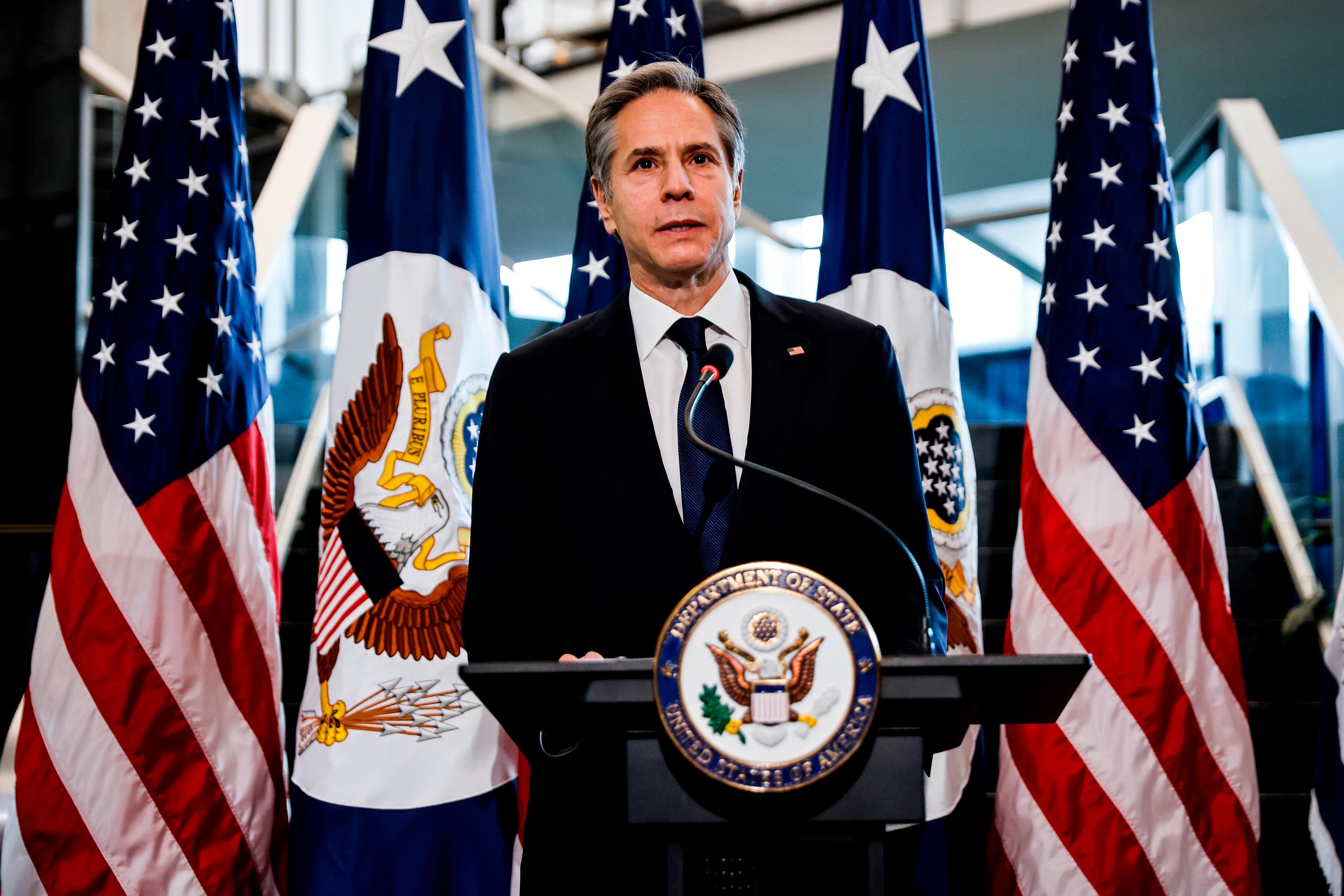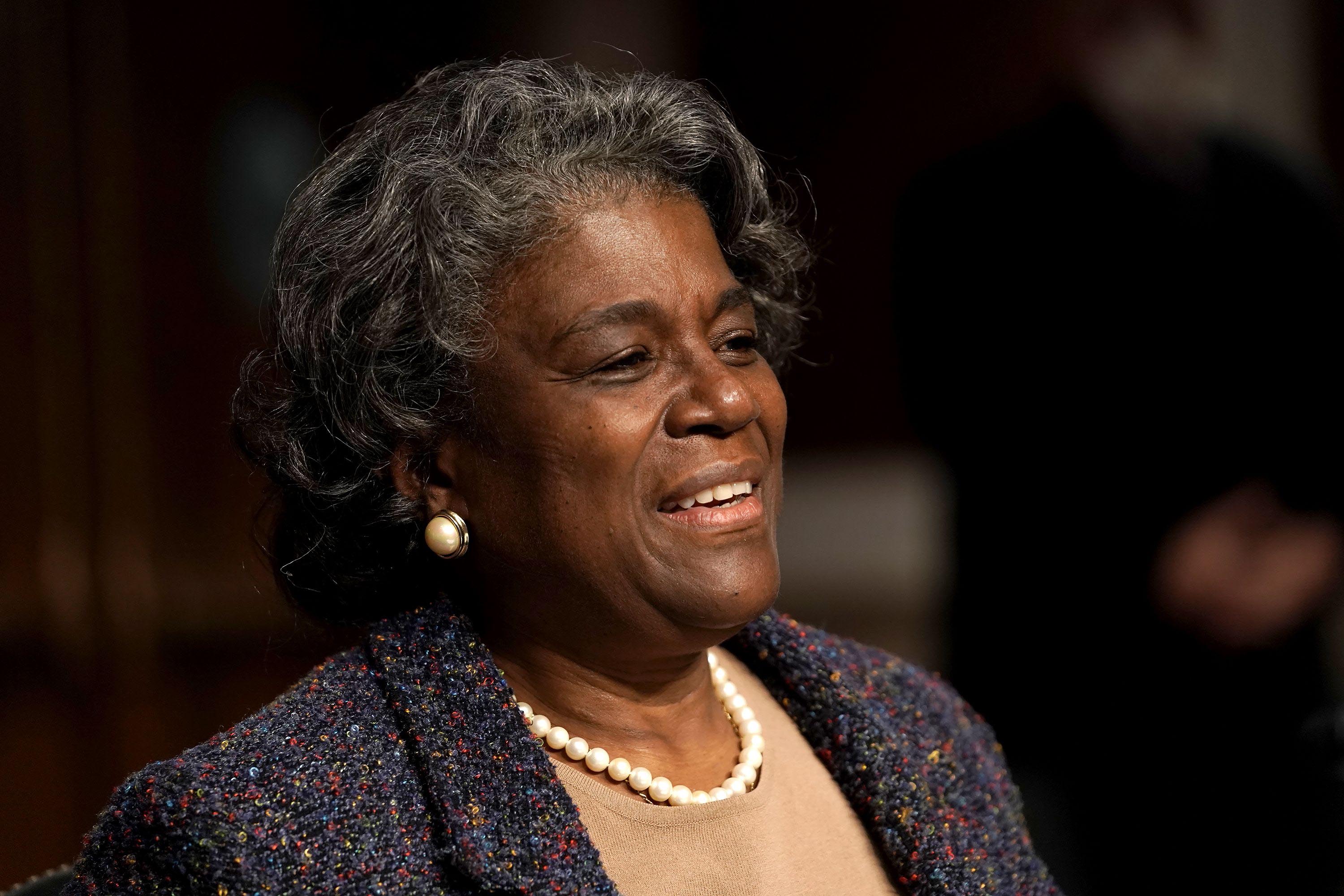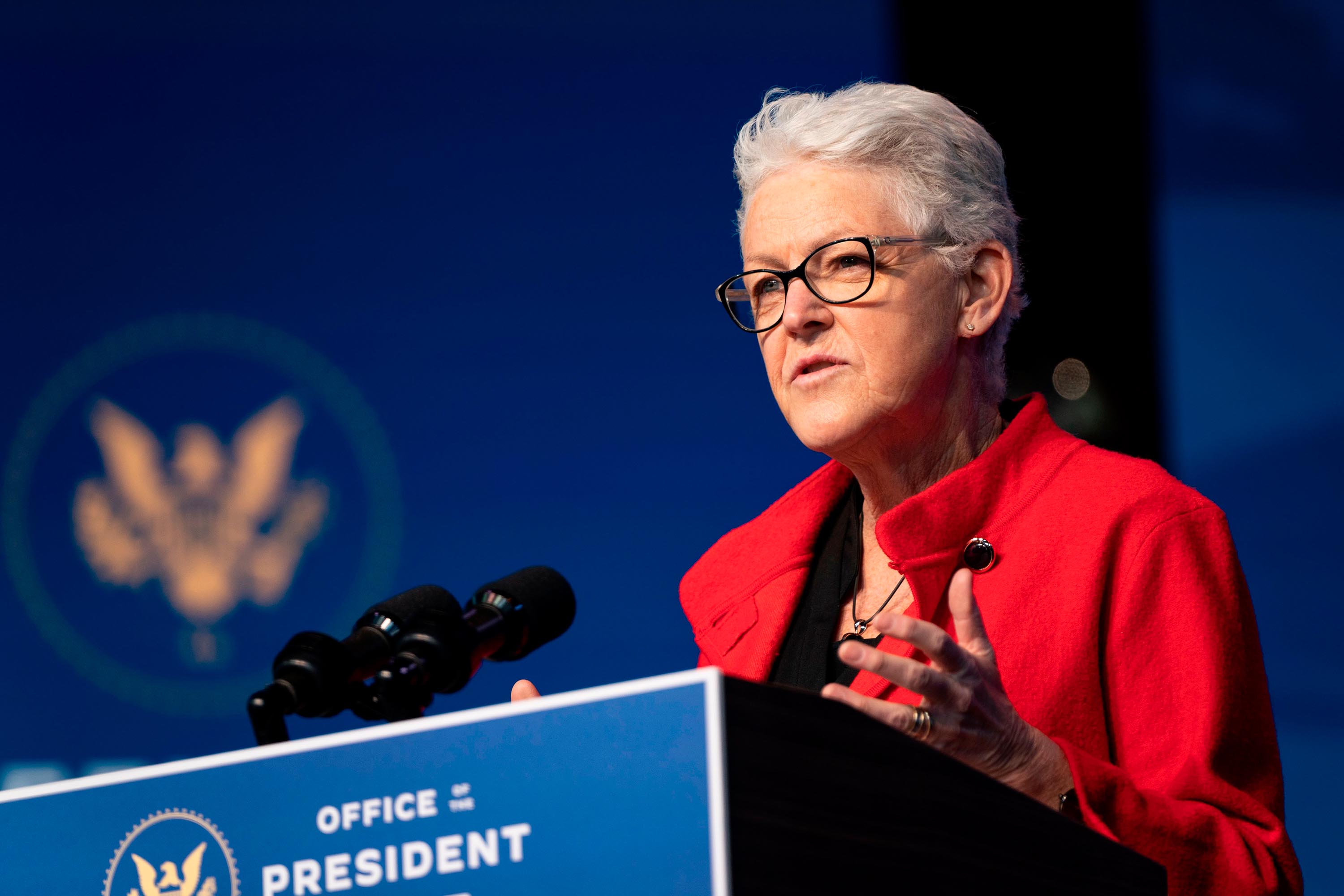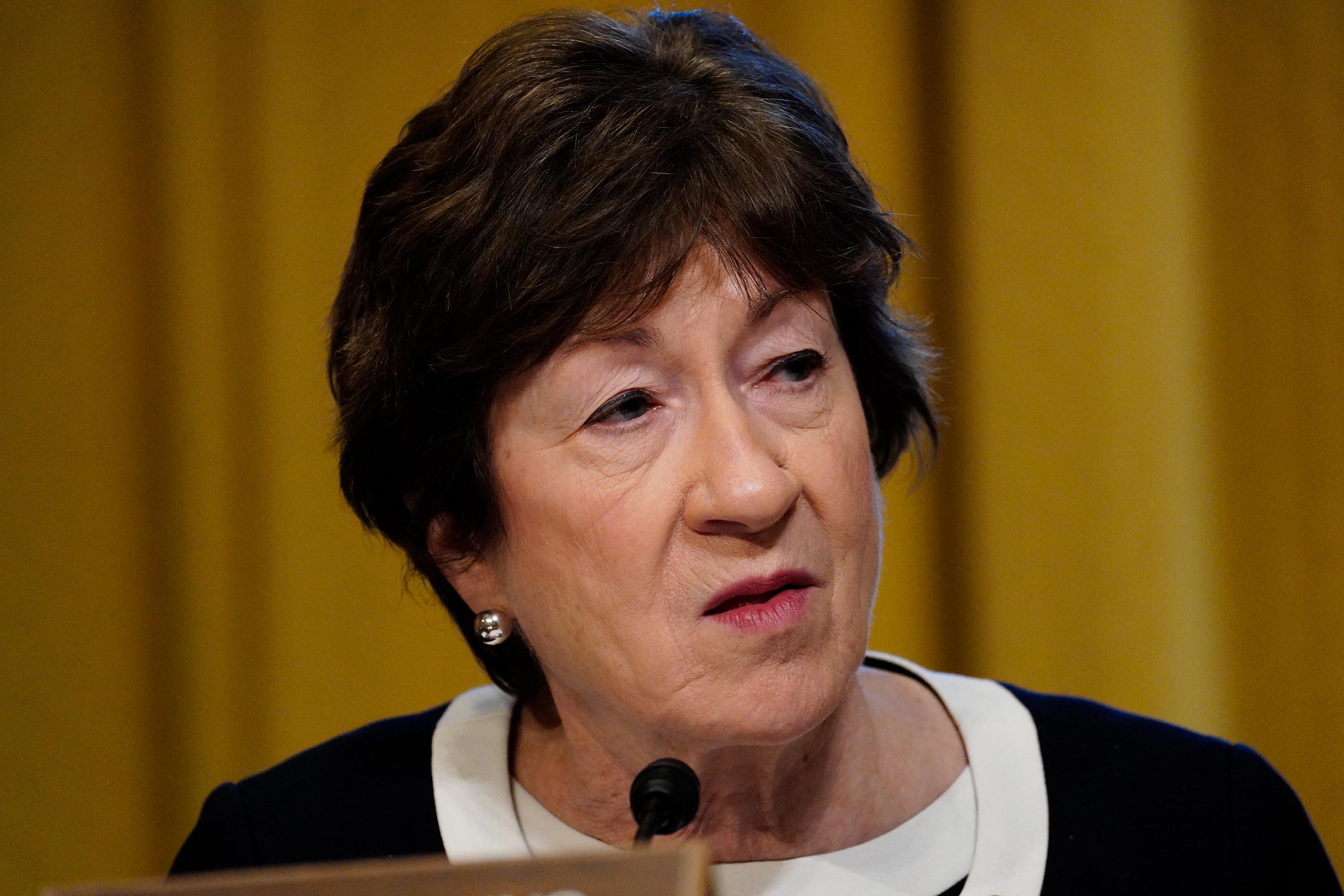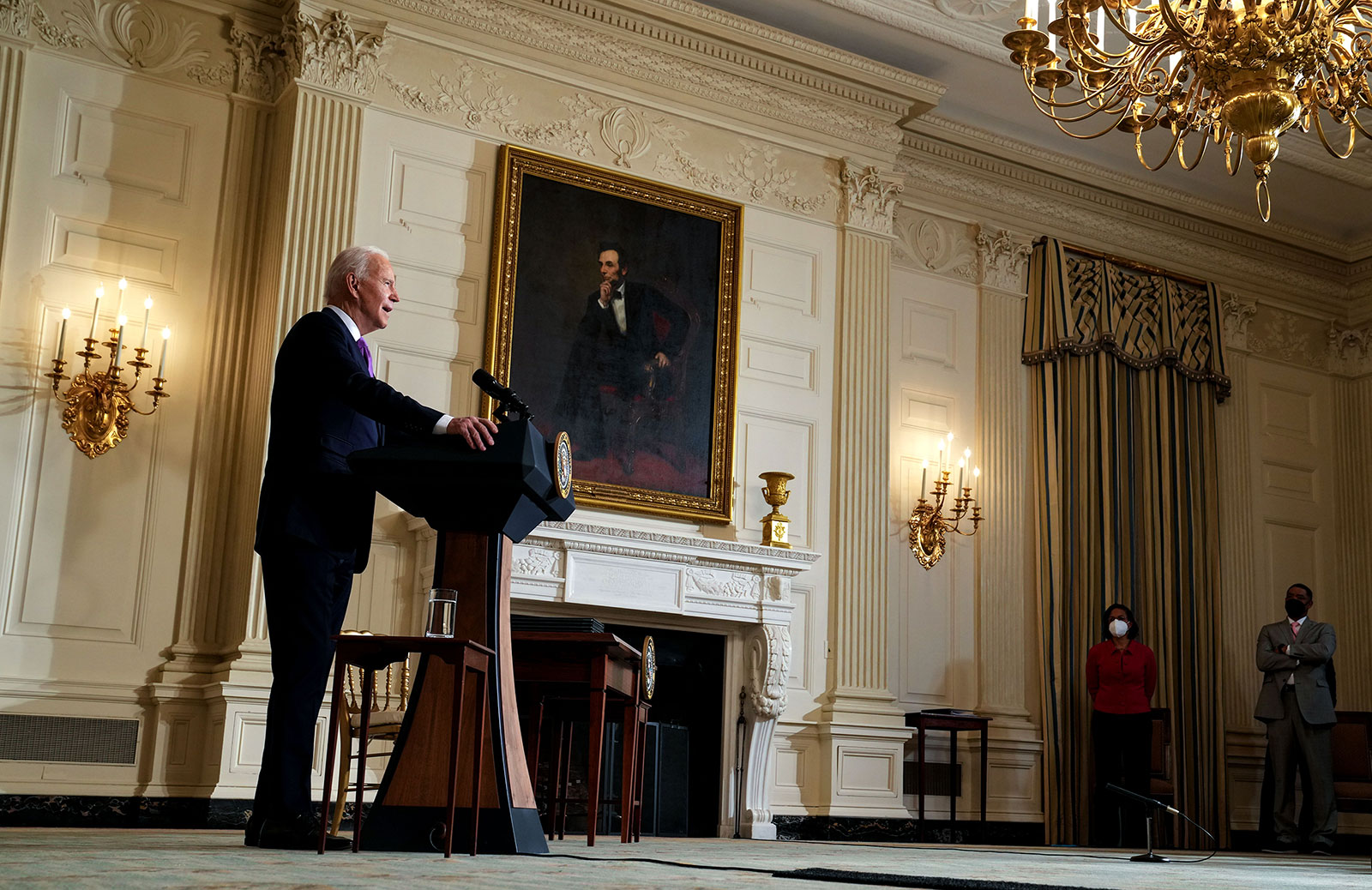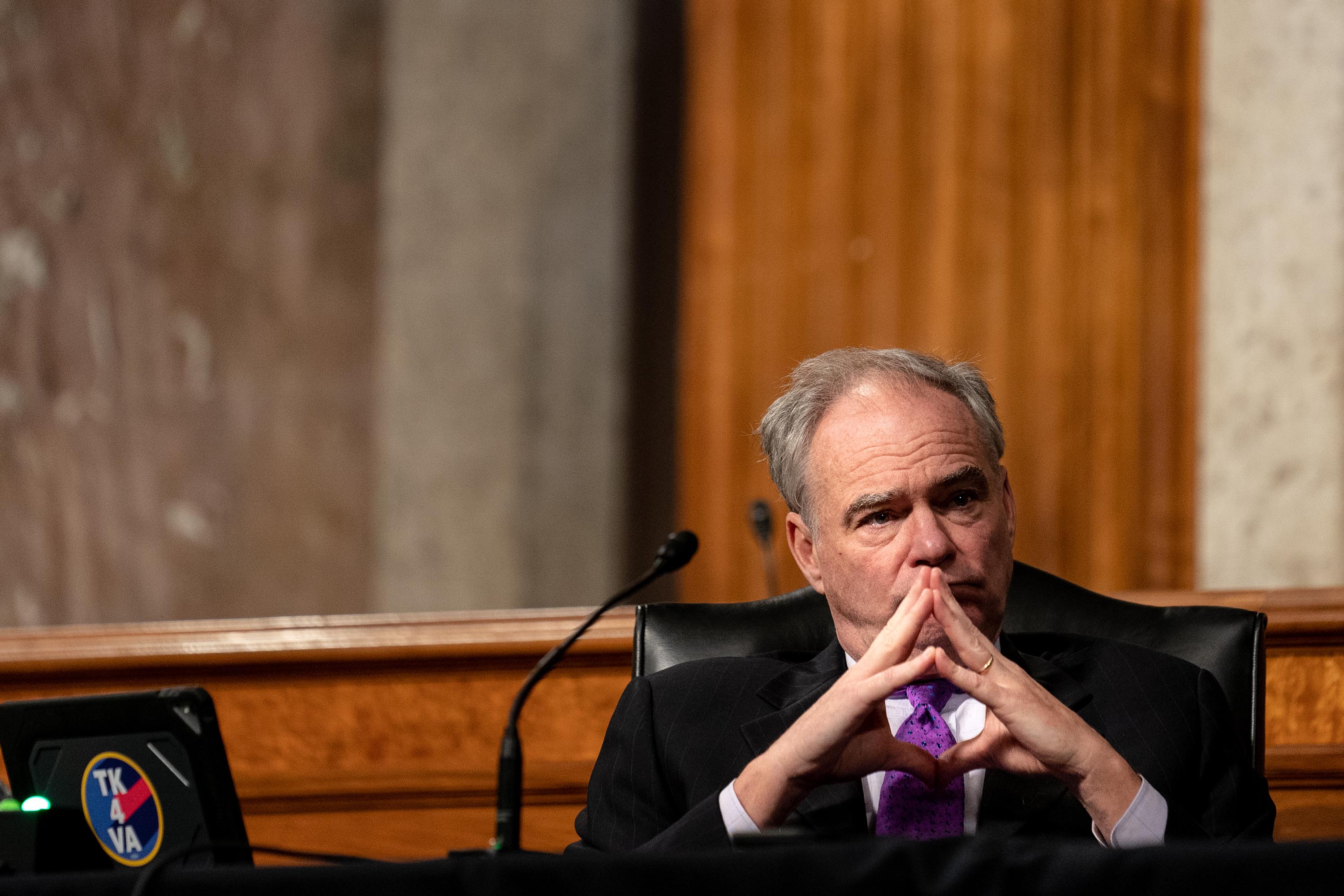
Virginia Democrat Sen. Tim Kaine said Wednesday he has drafted a resolution to censure former President Donald Trump for his actions on Jan. 6, a method Kaine thinks would be faster way to hold Trump accountable than an impeachment trial and allow the Senate to move forward with Covid-19 relief and Biden Cabinet confirmations.
Kaine said he had been talking with "about" 40 of his colleagues for a few weeks about the "the likelihood that we would fall short on impeachment," and use up time that could be used to pass a "dire" relief package.
He said there had been "some" interest in a censure motion, but noted that the House has now sent an article of impeachment to the Senate, so the chamber must act.
After the vote yesterday in which all but 5 Republicans joined Sen. Rand Paul in claiming that holding a trial for an ex-president is unconstitutional, Kaine said he thinks there's "maybe a little more interest now" in looking at censure as an alternative way to hold Trump accountable.
Pressed further on his views that censure could be an "alternative" to a trial, Kaine said "to do a trial knowing you'll get 55 votes, at the max seems to me to be not the right prioritization of our time right now."
He cast doubt on the likelihood there would be a strong appetite for the measure if the Senate fails to convict the former president, telling reporters, "I just don't know that there's going to be more appetite to talk about Donald John Trump after the trial."
Kaine would not elaborate on how many of his Republican colleagues he's been talking to and suggested that there wouldn't be a point to moving forward with a censure if it wasn't going to get adequate GOP support.
"If we could do something like this and have it be bipartisan, and thereby potentially avoid the trial, I think that would be beneficial but we're not there yet," he said.
This effort by Kaine is still a very long shot, CNN’s Lauren Fox notes.
Moderate Democrat Sen. Joe Manchin threw cold water on the idea on Wednesday, telling reporter, “This is much, much more serious than anything that we've ever seen in our lifetime and it's really the purpose of having the articles of impeachment in the constitution,” he said, adding, “it's really a mechanism or tool, if you will to deter it.”
“We all want to make sure that no one ever does this again, never thinks about doing something like a seditious insurrection such as that,” said the West Virginia Democrat.
Sens. Ron Wyden and Bernie Sanders avoided offering a direct opinion on the censure matter, claiming they were focused on other issues for now.
"Right now, what I'm focused on is doing the work that we're scheduled to do. We'll be starting that shortly. And I said quite some time ago that the key to unity is accountability. I still feel that way," Wyden told reporters
